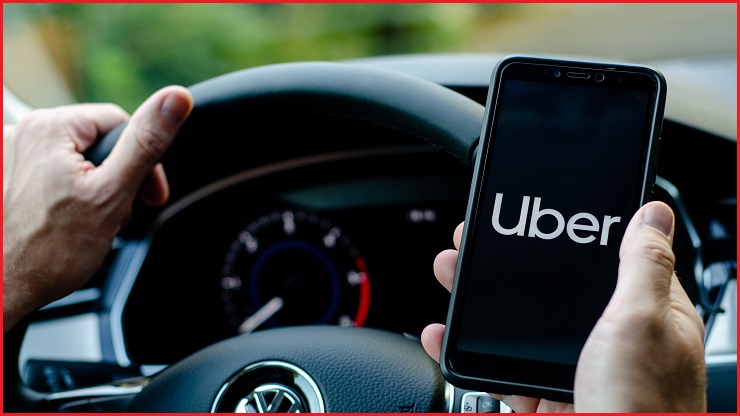Uber has agreed to pay $26 million in fines for breaching consumer law by showing misleading messages to customers, including some that wrongfully discouraged people from cancelling rides.
The Australian Competition and Consumer Commission (ACCC) has taken Uber to court over cancellation notifications and misleading fare estimates during the short-lived Uber Taxi option.
For nearly four years, Uber warned users who were about to cancel a ride that they “may be charged a small fee” because the driver was already en route – even if the customer was cancelling the trip within five minutes, as is Uber’s policy.
If the user did continue with cancelling the ride during that period, Uber did not apply a fee.
In a statement, ACCC Chair Gina Cass-Gottlieb said the messages put pressure on its customers not to exercise their rights as consumers.
“Uber admits it misled Australian users for a number of years, and may have caused some of them to decide not to cancel their ride after receiving the cancellation warning, even though they were entitled to cancel free of charge under Uber’s own policy,” she said.
Uber agrees with Cass-Gottlieb’s statement, admitting that “almost all riders chose to cancel their trip” after they were told there could be a fee.
In September last year, Uber quietly changed its cancellation message to accurately reflect that customers wouldn’t be charged within the five minute grace period.
Misleading fare estimates
Along with its dodgy cancellation messages, Uber will also be in court for misleading fare estimates seen on the Uber Taxi ride option that was only available in Sydney between 2013 and 2020.
Uber offered the ability to book a taxi through its ridesharing app but a change to the algorithm in 2018 saw it automatically inflate the estimated cost of a taxi to make Uber X – the company’s flagship ride sharing service – appear the cheaper option.
“Consumers rely on apps to provide accurate information, and the misleading information on Uber’s app deprived consumers of a chance to make an informed decision about whether or not to choose the Uber Taxi option,” Cass-Gottlieb said.
“Digital platforms like Uber need to take adequate measures to monitor the accuracy of their algorithms and the accuracy of statements they make, which may affect what service consumers choose.
“This is particularly important as online businesses often carefully design their user interfaces to influence consumer behaviour.”
The ACCC and Uber have reached an agreement on the $26 million in penalties and will jointly apply to the Federal Court which will decide if the fines are appropriate.










